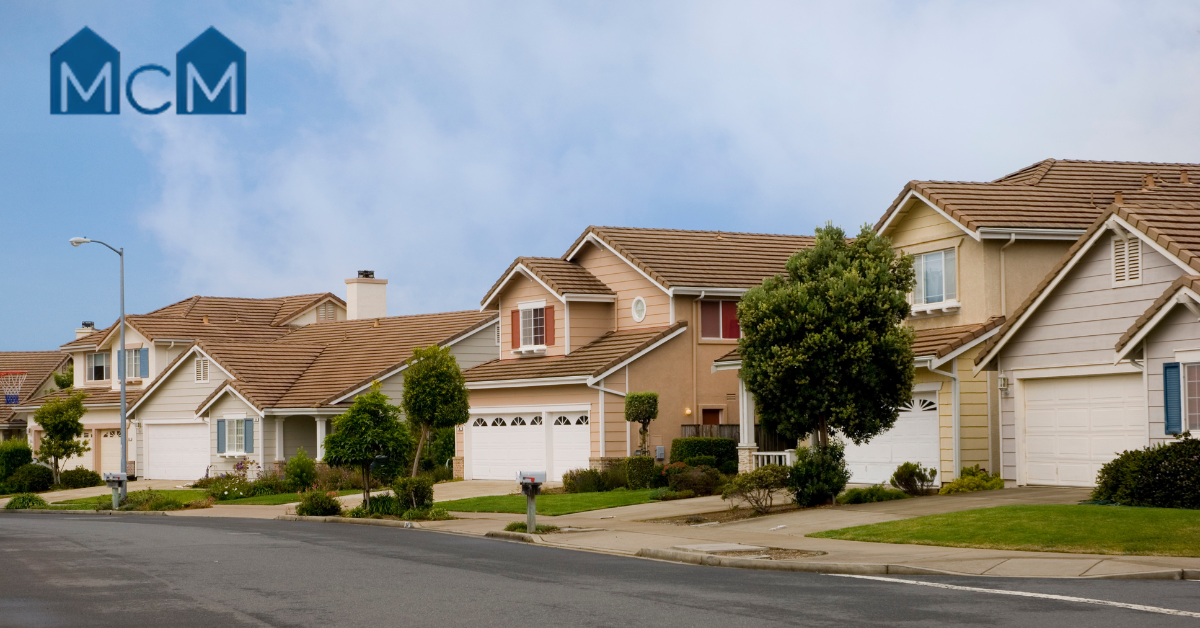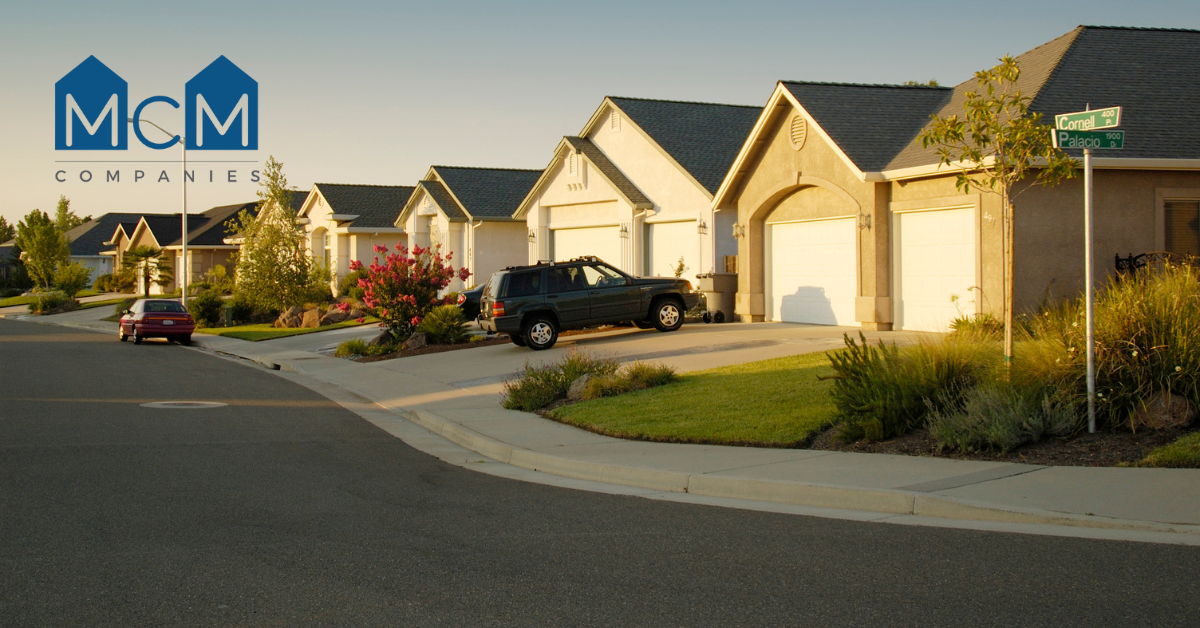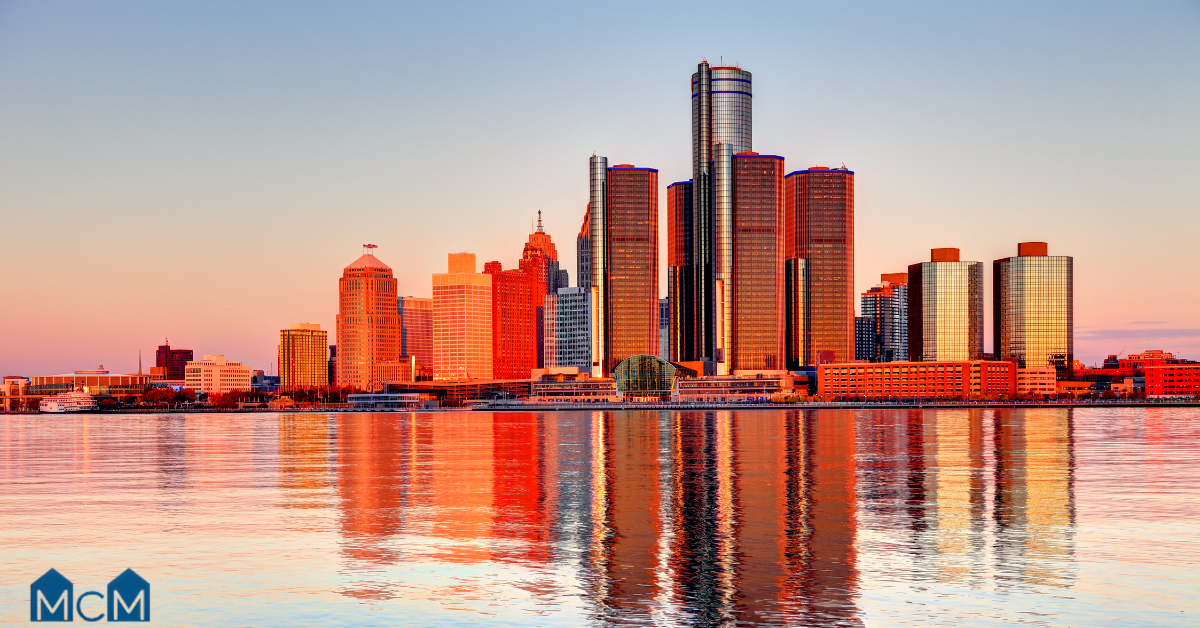Modular vs. Prefab vs. Manufactured Homes: What's the Difference?


The world of system-built homes can be exciting and full of opportunity. However, navigating the terminology in this niche can feel overwhelming. For instance, the terms "modular homes" and "prefab homes" are often used interchangeably, but there are actually key distinctions to consider before making your dream home a reality. Today, we’re exploring modular vs. prefabricated homes to help you understand the unique features and advantages of each option.
Modular vs. Prefab vs. Manufactured
Modular, manufactured, and prefab homes all fall under the umbrella of system-built homes, but with slight distinctions. Prefabricated — or "prefab" — is the most general term, encompassing both manufactured and modular homes. It simply refers to a building method where major components are prefabricated off-site rather than being built entirely on location.
To illustrate the differences between the various types of system-built homes you may be considering, we’ll take a closer look at what distinguishes modular homes from manufactured homes.
Construction and Delivery
First and foremost, the journey from factory to foundation looks quite different for modular and other types of prefab homes, including manufactured homes.
Modular Homes: Built for Efficiency
Imagine your home being meticulously constructed in sections within a controlled factory environment. That's the magic of modular homes. These homes are made up of modules that are precisely engineered and assembled in a factory setting to fit together in a virtually endless number of combinations.
This allows for:
- Streamlined Construction: Factory production means efficient use of materials and labor, leading to shorter construction times than traditional site-built homes. No more worrying about weather delays affecting the construction process.
- Quality Control: The controlled factory environment ensures consistent quality and adherence to strict building codes.
- Easy Transportation and On-Site Assembly: Once complete, the prefabricated modules are carefully transported to your prepared foundation and expertly assembled on-site. This minimizes disruption to your property and allows you to witness your home taking shape quickly.
Manufactured Homes: Permanent Structures Delivered Whole
Manufactured homes, offering a new and improved take on the old mobile home stereotype, have a distinct approach to construction and delivery. These homes are built entirely within a factory setting, adhering to stringent federal building standards set by the Department of Housing and Urban Development (HUD).
Here's what sets them apart.
- Built to Housing Code Standards: Manufactured homes must meet strict HUD codes, ensuring their safety, durability, and energy efficiency. This consistency allows for a streamlined approval process when placing your home on a permanent foundation.
- Delivered by Truck and Set on Foundation: Just like modular homes, manufactured homes are transported by truck to your prepared foundation. However, unlike modular construction, the home arrives as a complete unit, ready to be secured to the foundation and connected to utilities.
Design and Customization
When it comes to personalizing your dream prefab home, both modular and manufactured homes offer some level of flexibility.
Modular Homes: Greater Flexibility and Personalization
One of the biggest advantages of modular homes is the potential for customization. While pre-designed floor plans are available to suit various needs, modular construction also allows for a higher degree of personalization.
- Broader Range of Floor Plans and Styles: Modular home builders typically offer a wider range of floor plans and architectural styles than manufactured homes. This allows you to find a starting point that aligns with your vision.
- Potential for Customization: Depending on the manufacturer and your chosen floor plan, there may be opportunities to customize finishes, fixtures, and even interior layouts within certain parameters. This allows you to inject your personality into your new home.
Manufactured Homes: Streamlined Designs with Options
Manufactured homes often cater to a more standardized approach to design. However, this doesn't mean you're locked into a cookie-cutter layout.
- Variety of Pre-Designed Floor Plans: Manufactured home builders offer a variety of pre-designed floor plans in different sizes and configurations. You're sure to find an option that meets your basic needs and lifestyle considerations.
- Limited Customization Opportunities: While some manufacturers may offer options for selecting cabinet colors or appliances, extensive customization is typically not available with manufactured homes.
Zoning and Regulations
The regulatory and financing landscapes differ slightly between modular and manufactured homes. Just like traditionally built homes, modular homes must comply with local building codes in the area where they will be placed. This typically involves obtaining permits and inspections throughout the construction process.
Manufactured homes, meanwhile, are built to meet federal HUD standards. This ensures a consistent level of quality and safety across the board. However, because these structures are placed on a permanent foundation, some localities may have additional regulatory requirements specific to manufactured homes.
Financing Modular and Manufactured Homes
Traditionally, financing a modular home is similar to financing a site-built home. Many lenders offer competitive mortgage options for qualified buyers. Manufactured homes, on the other hand, may require specialized financing options, such as FHA loans or chattel loans. It's important to explore financing options with a reputable lender to determine the best fit for your situation.
Long-Term Value and Appreciation
The long-term value and appreciation potential of your new prefabricated home are significant considerations. Here's how modular and manufactured homes differ in this regard.
Modular Homes: Potential for Appreciation Similar to Traditional Homes
Modular homes share many similarities with traditional site-built homes in terms of construction and foundation. This translates to a strong potential for appreciation over time, similar to what you might expect with a traditional home. They are considered “real property,” adding to their long-term value.
Manufactured Homes: Appreciation May Be Lower Than Traditional Homes
Manufactured homes may experience appreciation at a slower rate than traditional homes or modular homes. This may be tied to their classification as “personal property” in some areas — and, potentially, a lower perceived market value. However, manufactured homes can still be a sound investment, particularly considering their affordability and potential for rentability.
Choosing the Right Option for You
Now that you understand the key differences between modular and manufactured homes, it's time to consider which option best aligns with your needs and priorities. Here are some key factors to consider when making your decision.
- Budget and Timeline Constraints: Modular homes typically offer a shorter construction timeline than traditional builds, but may require a slightly higher initial investment than manufactured homes. Manufactured homes are generally the most budget-friendly option.
- Level of Desired Customization: If extensive personalization is important to you, modular homes offer greater flexibility. Manufactured homes provide a good selection of pre-designed floor plans, but customization options are more limited.
- Local Community Regulations: Some communities may have restrictions on manufactured homes. It's crucial to research your desired area's regulations before making a decision.
Additional Considerations
Beyond the core factors listed above, consider your lifestyle and long-term goals. Modular homes may be a good fit if you envision staying in your home for a long time and want the potential for appreciation. Manufactured homes can be an excellent choice for budget-conscious buyers or those seeking a quicker move-in timeline.
Find Your Dream Home with MCM Communities
If you’re considering a system-built prefab home, MCM Communities is your ideal partner. We invite you to explore the possibilities and join a community that echoes your values and aspirations.
At MCM Communities, we are here to help you get the information you need, understand your options, and find your next home. Just reach out to our experts for personalized advice — and consider exploring the housing options within the MCM Communities network, where we blend community living with the unique charm of manufactured homes.
Ready to turn your modular home dreams into reality? Speak to one of our team members today!
.svg)





